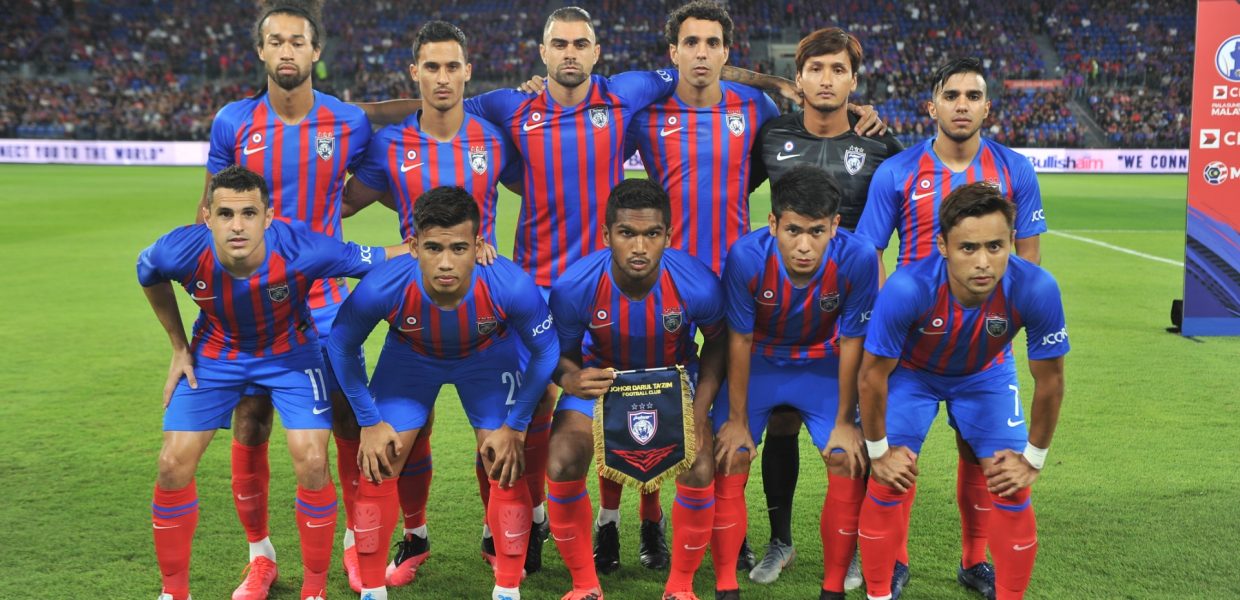While Johor Darul Ta’zim (JDT) and a few other M-League clubs look able to pull out all the stops to weather the financial storm wreaked by the Covid-19 pandemic, the smaller teams will have fewer levers to pull.
Sadly, the coronavirus crisis could prove to be an “extinction-level” blow to many clubs who are already living from hand to mouth even before the outbreak.
A spectre of gloom and doom hangs over many desperate clubs in the Super League, Premier League and M3 League.
According to reports, the five major European leagues (Premier League, La Liga, Serie A, Bundesliga and Ligue 1) stand to lose upwards of €4 billion (RM19b) while the M-League is expected to lose more than RM100 million in revenues.
For these struggling clubs, some who still owe players salary arrears and who have resorted to pay cuts, the day of reckoning is near.
Some sponsors have already started to desert the teams, claiming they are unable to honour their pledges due to financial paralysis caused by the virus and the MCO.
FAM hope to resume all football activities soon as there are signs that the Covid-19 curve in the country is flattening. However, the government has indicated that all sporting events will not be allowed for up to six months even after the MCO.
This only means that FAM will not get their way and the M-League is as good as over this season. The fallout will see teams failing to pay players, coaches and staff, even after salary reductions.
It’s going to be catastrophic as many players might end up taking teams to court or file complaints with FAM or Fifa.
Even if the M-League is able to restart later this year, things will still look bleak for the teams. No revenue from gate collections while sponsors, after the economic pummeling from the pandemic, will be in no mood to pump in money.
For those teams already teetering on the brink of financial collapse in recent years, the virus will deliver the knockout blow.
The Covid-19 crisis, I believe, threatens the very existence of Malaysian football clubs if no proactive actions are taken by the powers that be.
M-League clubs are now in a really bad situation with no money coming in, but only money going out for salaries and operations expenses. No teams can survive in this manner.
Many of the 44 teams in the Super League, Premier League and M3 League are heading for ‘Doomsday’. And doom too for professional football in Malaysia.
Will clubs survive? It all depends on how long the M-League is shut down.
There is a likelihood that if the crisis drags on, some clubs will end up in administration.
While the Malaysian football fraternity feel that the season should be completed, the government may play a different game.
FAM, however, are coming up with proposals to convince the authorities to allow football to continue. These include getting all players, coaches and officials to undergo Covid-19 test before the league starts and also during the competition. All football equipment, including the match ball, and the venue will be sanitised.
Expenses will be high as a Covid-19 test costs up to RM500, and the sanitisation process is not cheap. Who is going to cover the additional expenses? FAM or the teams?
FAM are unlikely to ask players to put on face masks during matches, which has been suggested in Germany.
All said and done, the M-League should be allowed to restart as the number of Covid-19 cases in Malaysia has been reducing.
FAM, however, could also centralise the teams in towns with no Covid-19 cases. Players, coaches, officials and match officials to be placed in different hotels in these areas.
This idea was first suggested at the English Premier League but the teams were not agreeable to it.
While Germany, Italy and England have come up with dates to restart their competitions (despite having more Covid-19 cases than Malaysia), we should also consider this option.
There are many things FAM could do to weather the Covid-19 storm. It’s whether they have the smarts and money to do it.
The priority post-MCO should be to save the season. However, the real impact on Malaysian football will come next season. That is because the M-League “value” may drop, with fewer teams and lesser pay for players.
Maybe, the Covid-19 pandemic is a good thing for Malaysian football. The properly-managed teams will survive while the problematic ones will close up shop.
See it as a cleansing process to weed out the bad apples from the M-League for the better.

